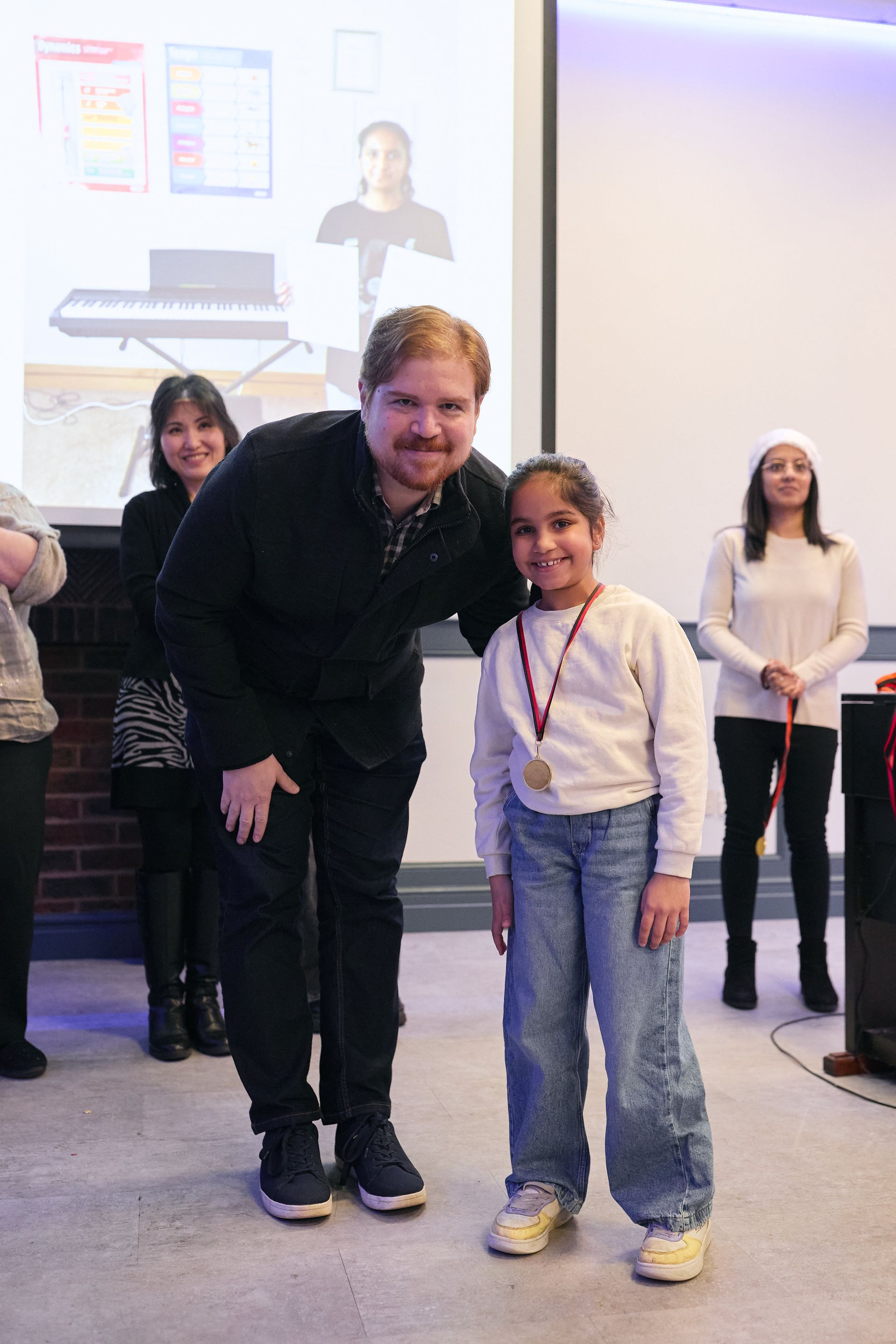Three Piano Practice Tips When Life Gets Busy
When life gets busy, it's easy to push practice aside, thinking you'll get to it later when things calm down. However, staying consistent during busy periods is crucial for long-term progress. The good news is, you don’t need hours of practice—just a few minutes each day can make a big difference.
Tip 1: Start Small and Stay Consistent
Instead of waiting for a large block of time, aim for short, focused practice sessions. Even 10-15 minutes daily adds up. The key is to be consistent. Set a timer, block off a quick slot in your schedule, and commit to just starting. These small, regular efforts keep your skills fresh and prevent the feeling of having to catch up later.
Tip 2: Break Tasks into Manageable Pieces
A huge task can feel overwhelming, especially during a busy period. To make practice easier, break your goals into bite-sized steps. If you're learning an instrument, focus on a single scale or chord. If you’re working on a project, complete just one section. Smaller tasks are easier to start and keep the momentum going.
Tip 3: Celebrate Small Wins
Recognize that even a short practice session is a win. Celebrate the fact that you showed up, even if it was only for 10 minutes. Acknowledging these small wins builds positive momentum and makes it easier to keep practicing, even when your schedule is packed.
By focusing on "little and often," you can make steady progress without feeling overwhelmed. Small, consistent steps lead to big results over time—so keep showing up, no matter how busy life gets! Feel free to get in touch for more information: www.keysoundsuk.com/contact.



